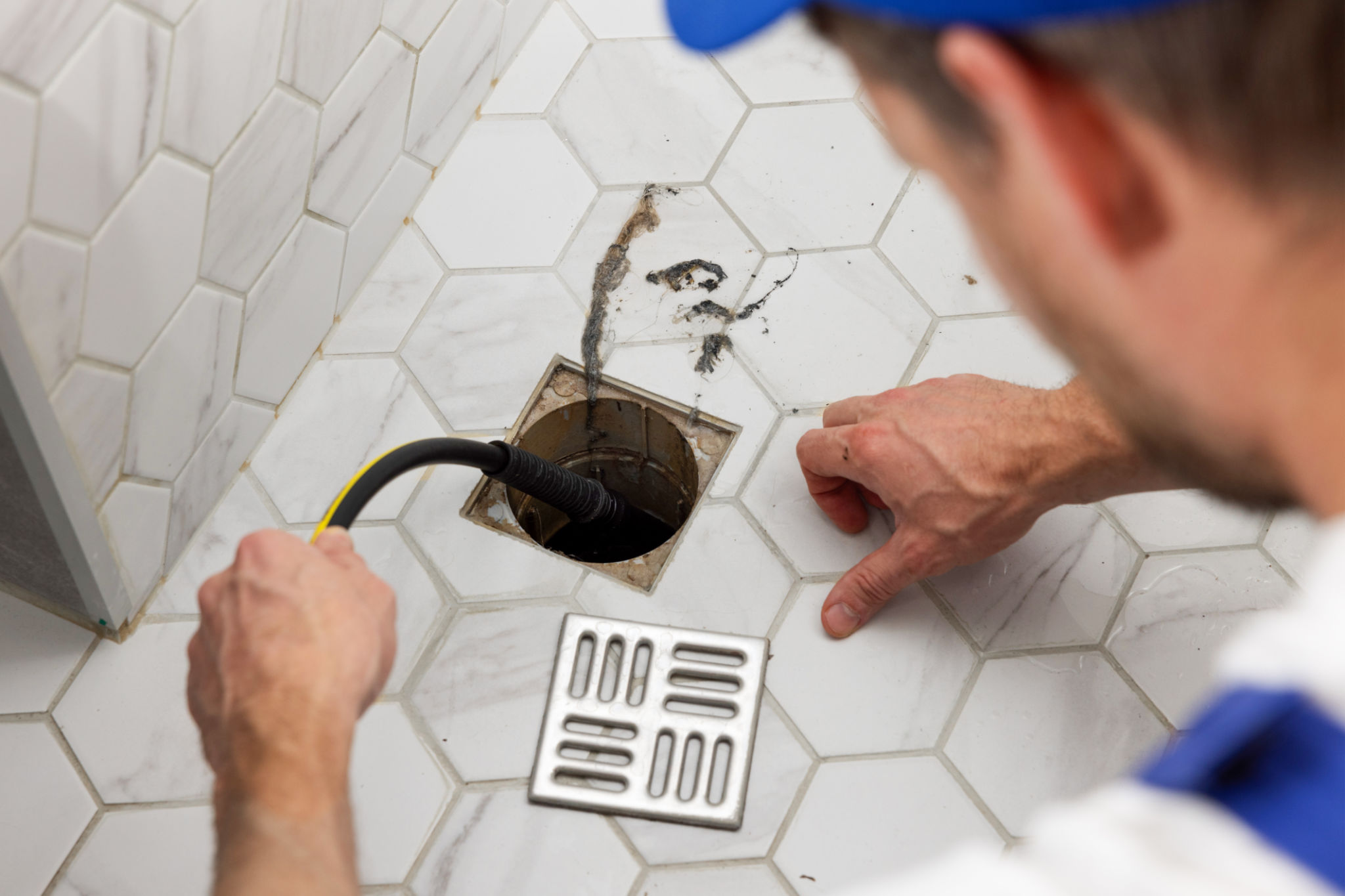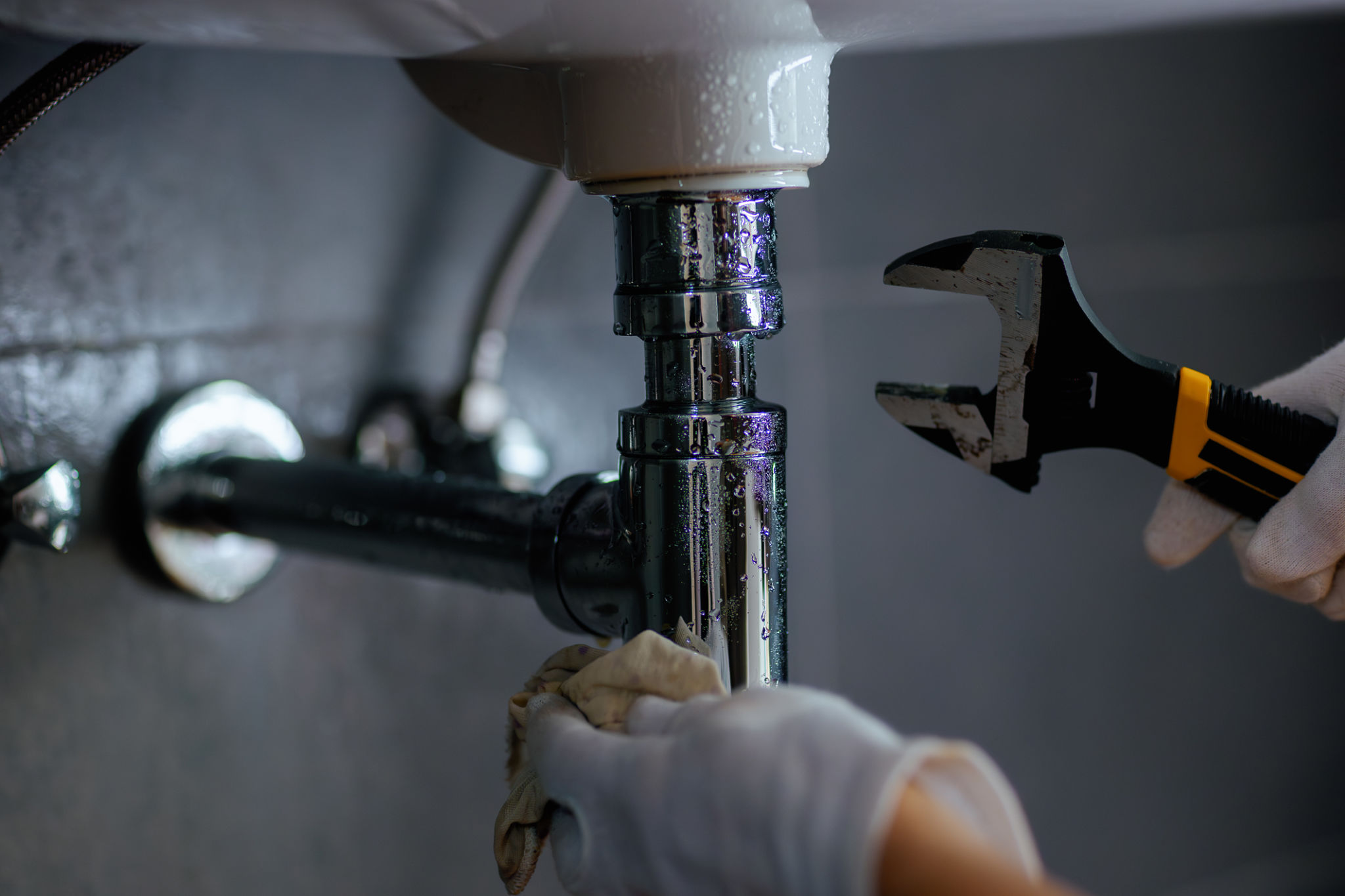DIY Tips for Managing Clogged Drains: When to Call a Professional
Understanding the Basics of Clogged Drains
Dealing with a clogged drain can be a frustrating experience, but it's a common household issue that many people face. Understanding the basic causes of clogs can help you address them more effectively. Common causes include hair, soap scum, grease, and food particles, which tend to accumulate over time, leading to blockages.
Before diving into DIY solutions, it's essential to identify the type of clog you're dealing with. Slow draining water is often a sign of a partial blockage, while standing water indicates a more severe clog. Knowing the severity can guide your approach for an effective fix.

DIY Solutions for Minor Clogs
If you're facing a minor clog, there are several DIY methods you can try before reaching for the phone to call a professional. One of the simplest ways is to use a plunger. Ensure that you have a good seal over the drain and pump vigorously to dislodge the blockage.
Another effective method is to use a mixture of baking soda and vinegar. Pour half a cup of baking soda followed by half a cup of vinegar down the drain. Let it sit for 15 to 30 minutes, then flush with hot water. This natural solution can often break down minor clogs without harsh chemicals.

Using a Drain Snake
A drain snake, or auger, is another handy tool for dealing with clogs that are deeper within your pipes. Insert the snake into the drain and turn the handle to break up or retrieve the blockage. This is particularly useful for hair clogs in bathroom sinks and tubs.
When to Call a Professional
While DIY methods can be effective for minor clogs, there are situations where it's best to call in a professional plumber. If you've tried multiple methods without success or if water continues to back up, it may indicate a more severe issue within your plumbing system.

Signs You Need Expert Help
Persistent clogs that recur frequently can be a sign of an underlying problem such as tree roots infiltrating your pipes or a collapsed pipe. Additionally, foul odors or multiple drains clogging simultaneously are indicators that professional intervention is necessary.
Professionals have access to specialized equipment like hydro-jetting tools and video inspection cameras, which can effectively diagnose and resolve complex plumbing issues. While it may be tempting to continue trying DIY fixes, calling a professional can save you time and prevent further damage.
Preventing Future Clogs
Once your drains are clear, taking preventive measures can help avoid future issues. Regularly cleaning your drains with boiling water or using enzyme-based cleaners can keep them free of buildup. It's also wise to use drain screens to catch hair and food particles before they enter your pipes.

By staying vigilant and addressing minor clogs promptly, you can maintain smooth-running drains and minimize the need for professional assistance. However, never hesitate to call an expert if you're unsure about handling a plumbing problem yourself.
